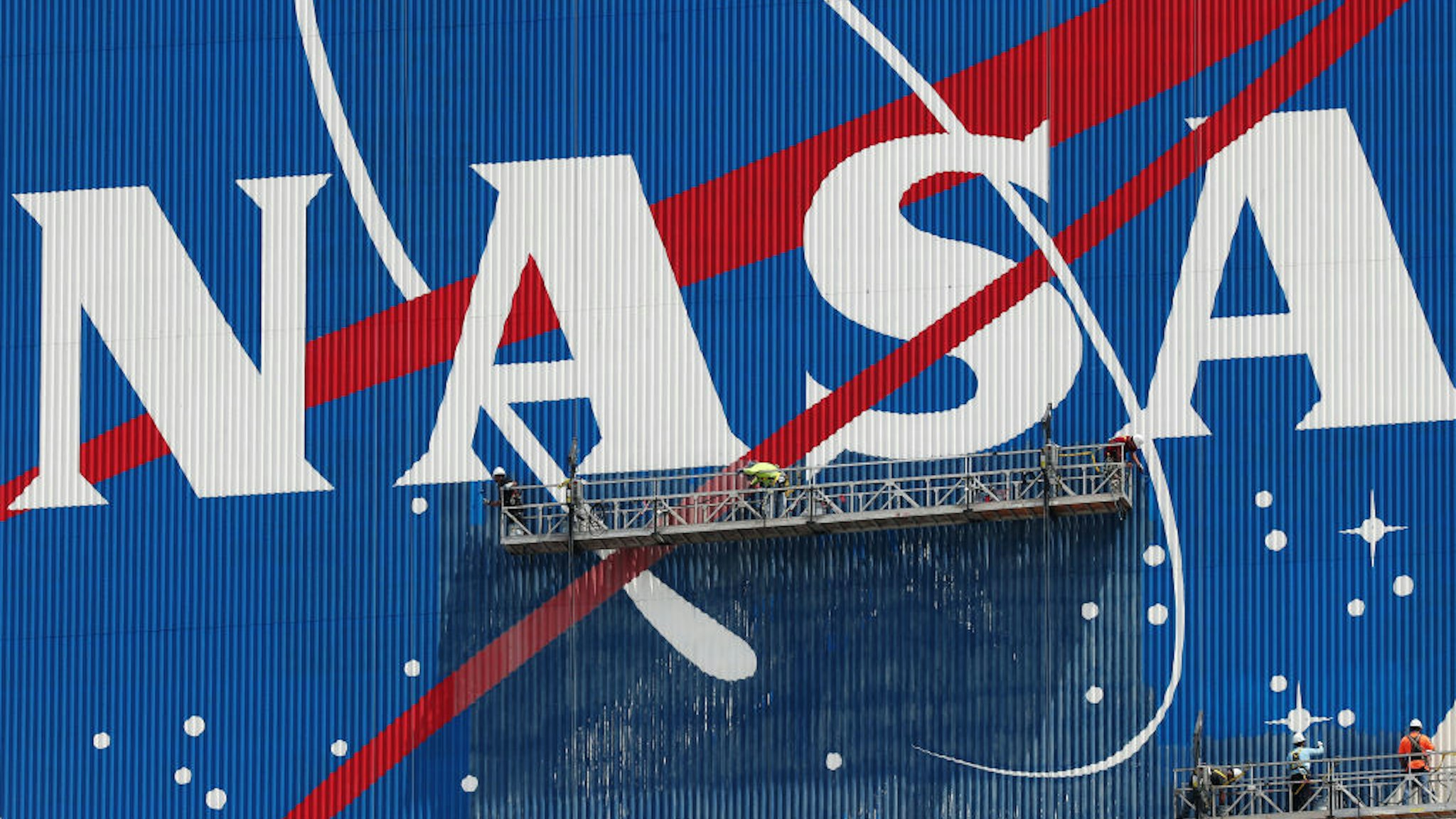A new report from NASA’s Inspector General is worried the agency is not diverse enough or taking the proper actions to ensure that it will meet its equity and diversity goals.
The report claims that NASA databases lack “comprehensive demographic” data to know whether or not NASA will be able to meet its diversity goals such as putting a woman and a non-white person on the moon.
“Current data limitations restrict NASA’s ability to fully measure its progress towards meeting broader diversity, equity, inclusion, and accessibility goals—a significant issue given that astronauts are among the most publicly visible employees at the Agency,” the report said.
In response, the astronaut corps has been told to “provide greater detail on diversity within the corps.” The IG recommended that NASA keep better records of information about astronauts, including demographic data, so that they can continue to “expand diversity.”
The report included a timeline of the history of demographic changes and diversity within the astronaut corps, noting that things had changed since 1959 when it was “all white male pilots.”
NASA, which last landed a man on the moon in 1972 during the Nixon administration, has made diversity and helping “historically underserved communities” key goals in recent years. In 2015, they put out a report on “Promising Practices for Equal Opportunity, Diversity, and Inclusion,” followed by a “Unity Campaign” in 2019. Most recently in 2021, they promoted “Mission Equity.”
Investigators are worried that insufficient data would hamper NASA diversity and equity goals.
“[We] also found that the Astronaut Office’s personnel databases do not contain comprehensive demographic information—race, national origin, gender, birthplace, education, or disability—specific to astronaut diversity, equity, inclusion, and accessibility nor do they monitor the demographic makeup of the corps over time,” the report stated.
According to Johnson Human Resources, about 32% of astronaut applicants in 2021 chose not to disclose their race or national origin, but they did say that they had used applicants’ self-identified applicant data to “monitor the diversity pool” at every stage of the hiring process.
The “Agency will need to clarify what the requirements of that space flight will be specific to skillset and Artemis mission diversity objectives to inform the selection and assignment process for the crew, as well as the training requirements to safely and successfully prepare the crew to complete the mission,” the auditors said.
In response to the Inspector General’s recommendations, NASA’s Associate Administrator of Space Operations concurred with the need to collect better data to expand diversity, and said they would work to further “centralize” the process of data collection by May.
Aside from diversity concerns, investigators also pointed to a potential shortage of astronauts to keep pace with all of NASA missional goals.
According to estimates from the Astronaut Office, the number of astronauts in FY 2022 is the same as the amount of flight manifest seats for the period, leaving little room for flexibility.
“As a result, the Agency may not have a sufficient number of additional astronauts available for unanticipated attrition and crew reassignments or ground roles such as engaging in program development,” the report noted. “In light of the expanding space flight opportunities anticipated for the Artemis missions, the corps might be at risk of being misaligned in the future, resulting in disruptive crew reorganizations or mission delays.”
Despite these potential staffing and “diversity” issues, NASA has said that it will return to the moon in 2025.

